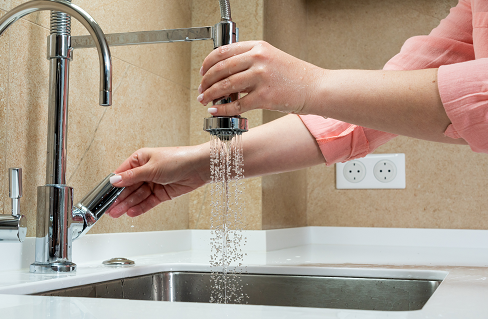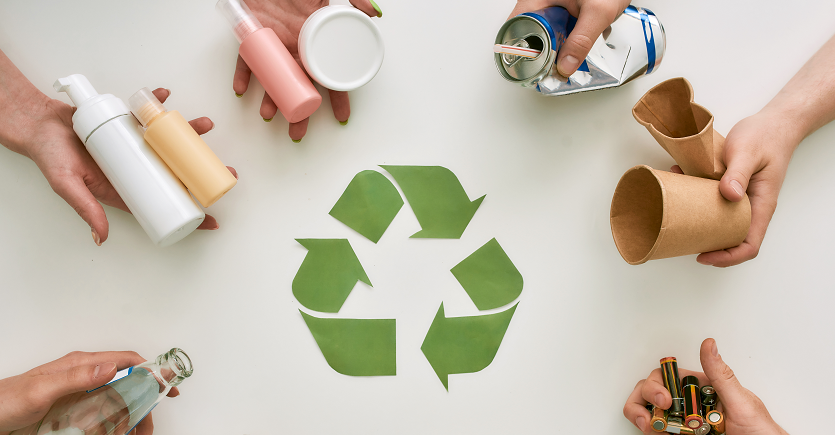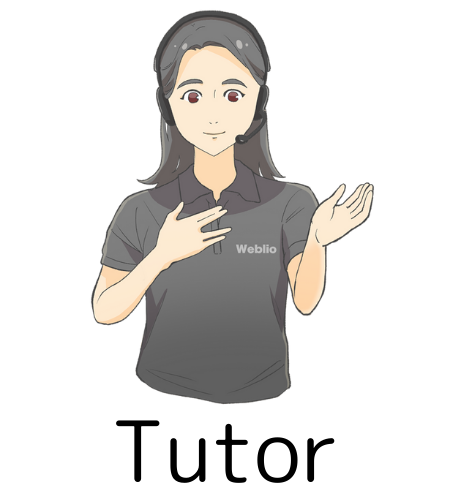
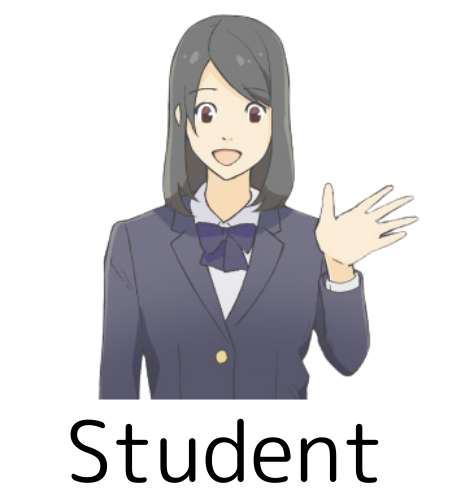
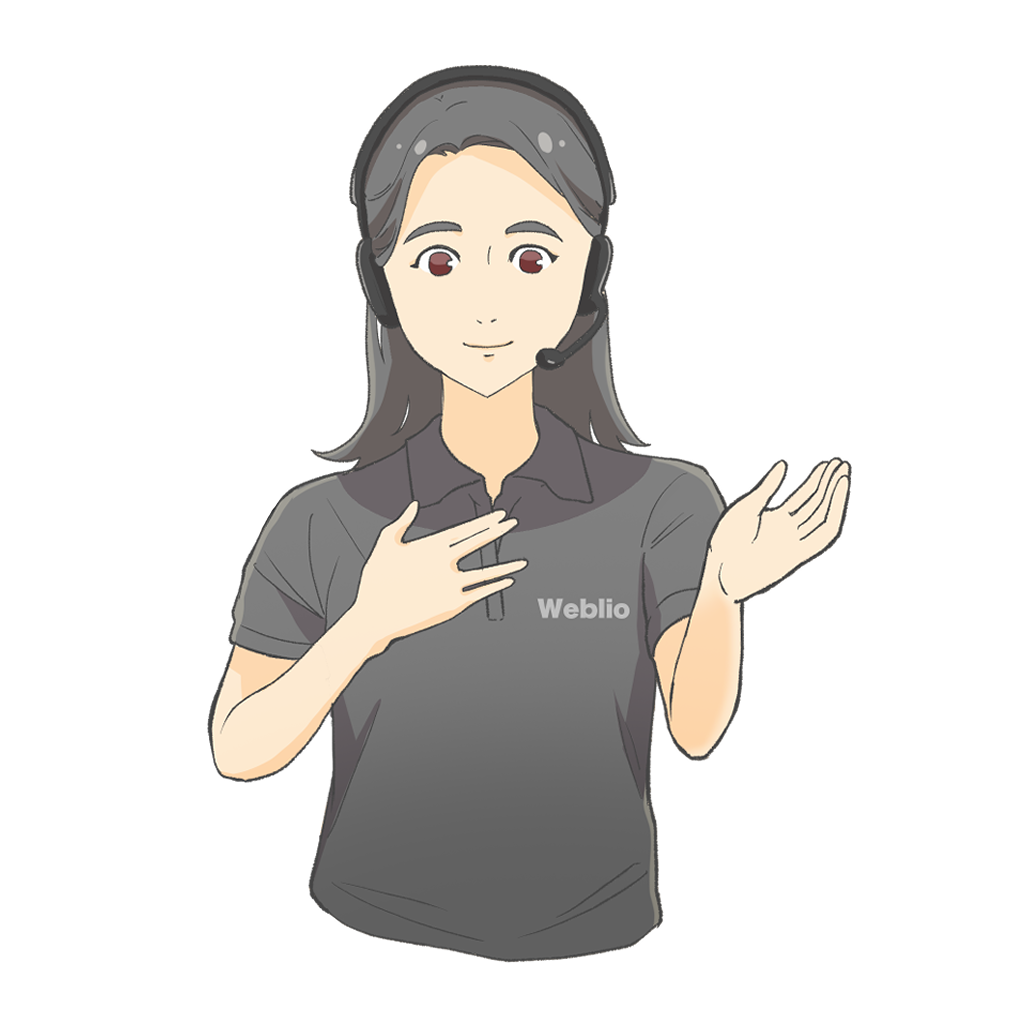

| 1. | Excitement |
| 2. | Sadness |
| 3. | A “thank you” moment |
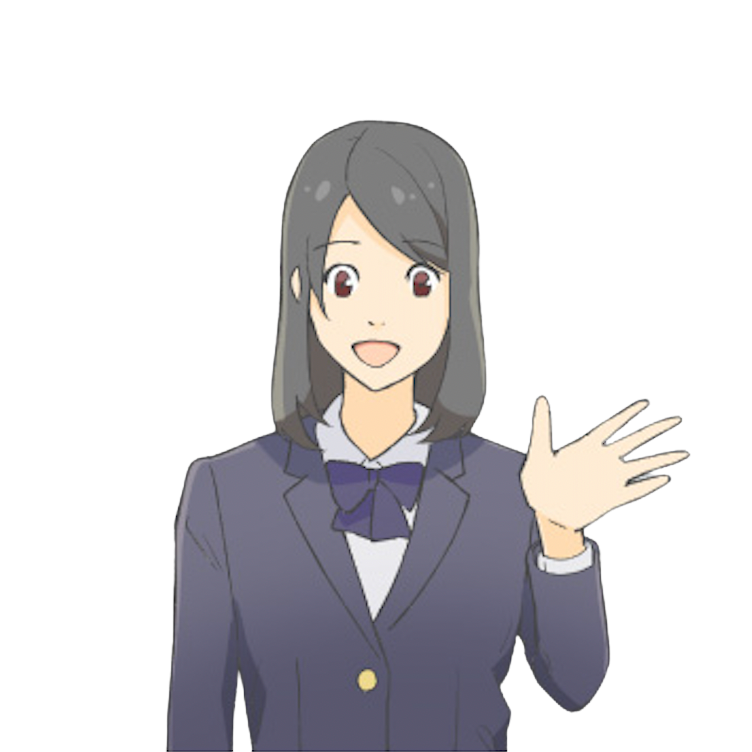

| 1. | What did you/he/she/they do? |
| 2. | Who did it? |
| 3. | When was it? |
| 4. | Where was it? |
| 5. | Why did you/he/she/they do that? |
| 6. | How was it? |
| Answer: |


| Answer: |
include these points: (What / Who / When / Where / Why / How)




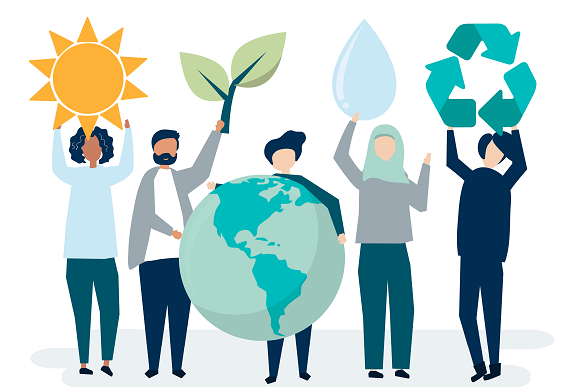
Climate change is now causing extreme weather, melting polar ice, and an increase in endangered animals. Furthermore, humans are polluting the sea faster than nature can clean it on its own.
We may help solve the problem by making better choices for the environment. For example, we can recycle plastics and bring our own bottles when we go out.
There is always something we can do. Let’s take action right now.
【ヒント:日本語訳】
気候変動は現在、異常気象や北極圏の氷の融解、絶滅危惧動物の増加などを引き起こしています。
さらに、自然の力で海がきれいになるよりも早く、人間が海を汚しているのです。
私たちは、環境のためにより良い選択をすることで、この問題の解決に貢献できるかもしれません。例えば、プラスチックをリサイクルしたり、外出時にマイボトルを持ち歩いたりすることができます。
私たちにできることは必ずあります。今すぐ行動してみましょう。


| 1. | What are the main causes of environmental problems? |
| Answer: |


| 2. | How can we help solve environmental problems? |
| Answer: |





Climate change is now causing extreme weather, melting polar ice, and an increase in endangered animals. Furthermore, humans are polluting the sea faster than nature can clean it on its own.
We may help solve the problem by making better choices for the environment. For example, we can recycle plastics and bring our own bottles when we go out.
There is always something we can do. Let’s take action right now.




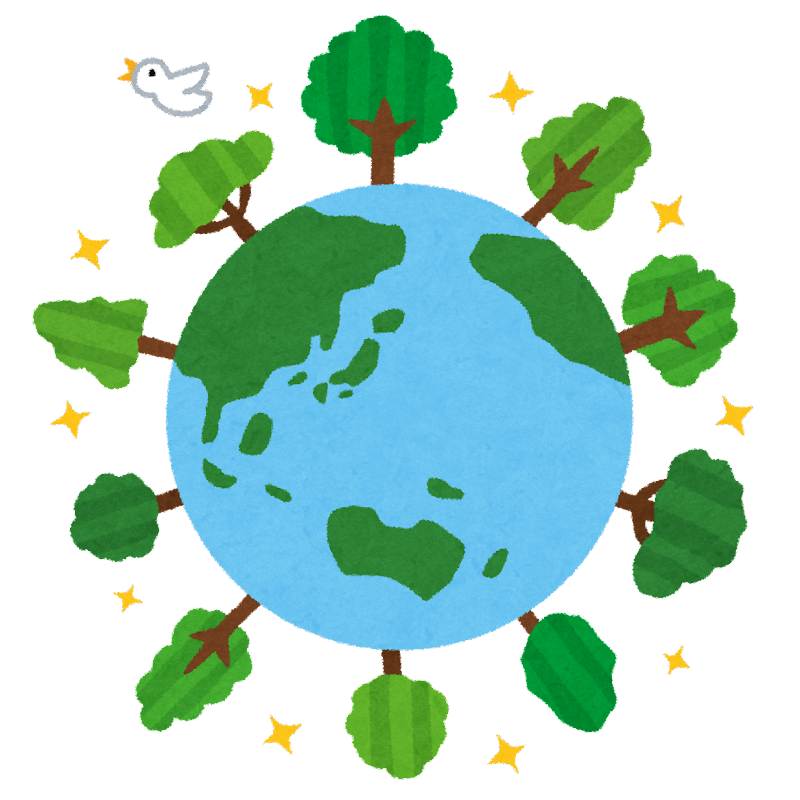
|
environment
ɪnvάɪ(ə)rə(n)mənt
環境
|

|
increase
ɪnkríːs
増加する、増大
|

|
endanger
ɪndéɪndʒɚ
危険にさらす
|
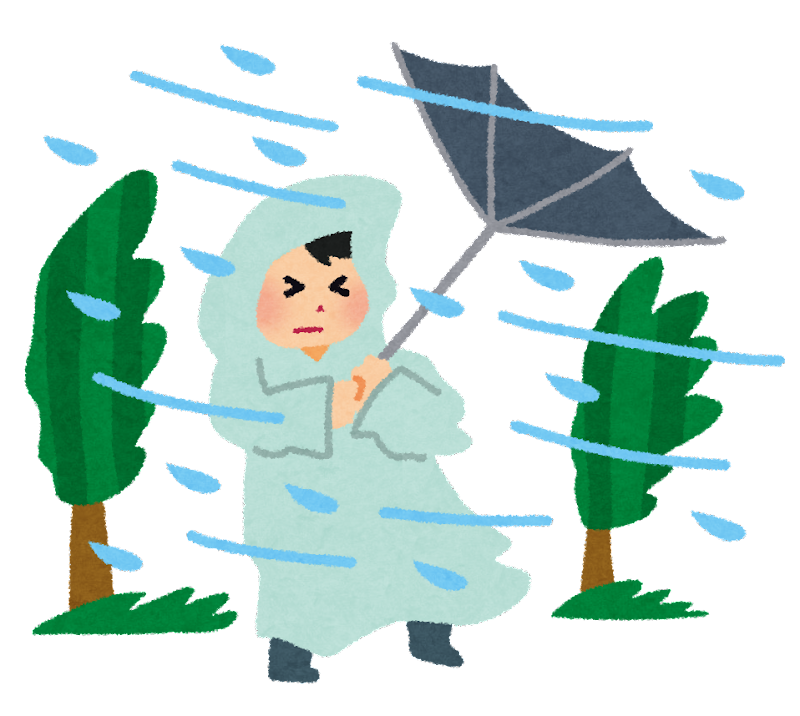
|
extreme
ekstríːm
極度の、非常な
|
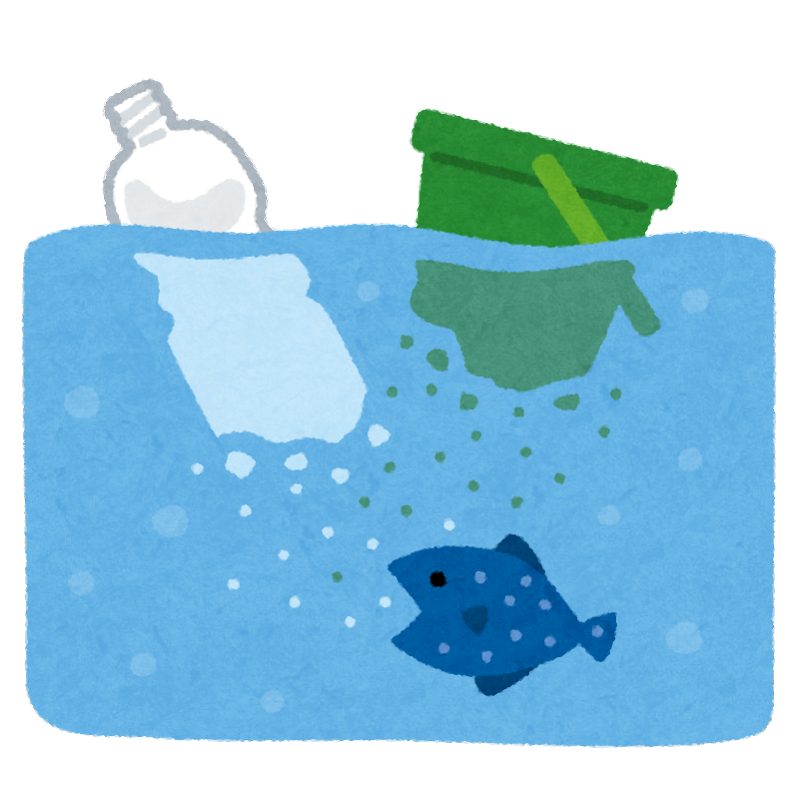
|
pollute
pəlúːt
汚染する
|






| 1. | Do you often use plastic bottles, or do you bring your own bottles? Why? |
| Answer: |


| 2. | If we do not have access to clean water, what do you think will happen to us? |
| Answer: |


| 3. | Have you ever taken any actions for the environment? Tell me anything you can think of. For example, turn off the lights frequently, use your own reusable bag when shopping |
| Answer: |




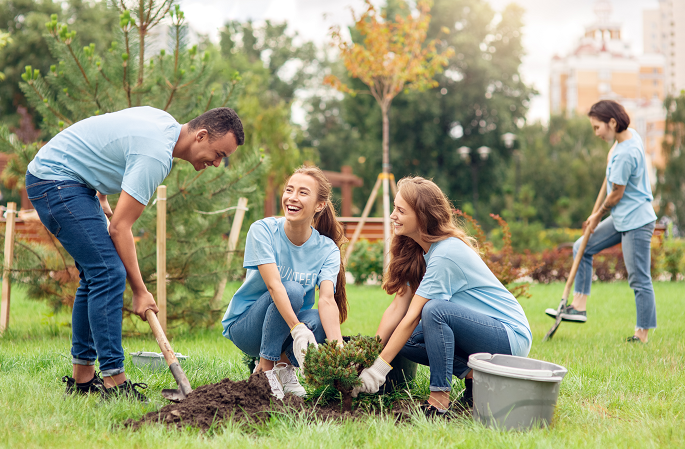




| Situation 1: |
Your friend wants to save water at home. Advise him/her on what to do.
(Your tutor will pretend to be your friend.)
|
| Items to mention: |
– advise him/her to take shorter showers – advise him/her to turn off the water while brushing his/her teeth – advise him/her to turn off the water while doing the dishes |

| Situation 2: |
You and your classmates are talking about how to reduce waste. Tell him/her your idea.
(Your tutor will pretend to be one of your classmates.)
|
| Items to mention: |
– use a reusable bag when shopping – use your own bottle when going out – buy and sell clothes at a second-hand clothing store |
waste 廃棄物、ごみ
a second-hand clothing store 古着屋





| 1. | What things do you recycle at home? |
| 2. | Why do you think recycling is important? |
| Answer: |


| 1. | What extreme weather do you know? Typhoon, heavy rain, or anything else you can think of. |
| 2. | Have you experienced any extreme weather? If yes, what was it? How did you feel? If not, what extreme weather are you afraid of the most? Why? |
| Answer: |


たくさん話すためには?
■ いつ、誰とどこで何をしたのか伝えよう。
■ それをしてどう感じたか、なんでそう感じたのかも伝えるよう意識しよう。
例)
I took an online lesson with Ellen at my house today.
(what/who/where/when)
It was fun to talk with Ellen because her hobby was the same as mine.
(how/why)

